Creating Confident Communicators
Runny Noses, Feet that Smell and other English expressions!
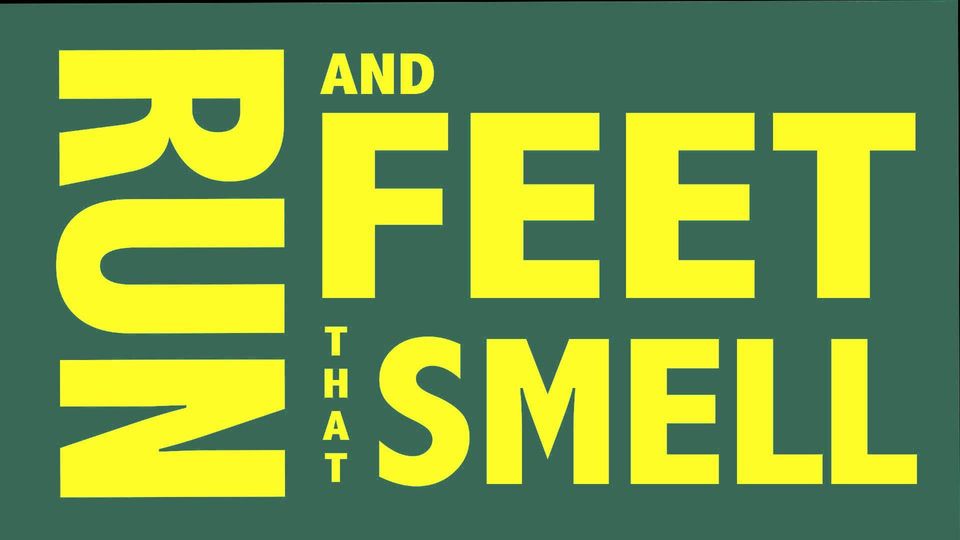
Is there such a thing as language lunacy?
In what other language do you ship things by truck and send cargo by ship?
Have you heard of noses that run and feet that smell?
How can a “slim chance” and a “fat chance” mean the same thing? And why is a “wise man” the complete opposite to a “wise guy”?
Where else will you find that quicksand works slowly and that boxing rings are square?
Why is a guinea pig a guinea pig when it is neither from Guinea nor a pig?
Why, if teachers taught, didn’t preachers praught?
And if a vegetarian eats vegetables, what does a humanitarian eat?
You have to marvel at the unique lunacy of English in which your house can burn up as it burns down, and, in which you fill in a form by filling it out and, in which an alarm goes off by going on.
Can you think of others? Share them in the comments below!
“I Want” and “I Will” – The Power Of (The Right) Words
I Want and I Will – The Power Of (The Right) Words
Would you like a change or experience something different?
Here’s how in 2 steps and 2 phrases!
Step 1: start your sentence with “I want….(whatever it is)“ – it opens up possibilities, ideas and speaks of desires and aspirations.
Step 2: reformulate your “I want…” sentence into an “I will…” sentence – it commits to the actions and steps to get what you want.
Now go for it. Repeat Steps 1 & 2 often to keep you focused and on track.
Do you need help with your business English skills? Personal leadership skills? Professional development skills? Contact me.
Conditioned Communication = Unconscious Communication
Conditioned Communication = Unconscious Communication
You can only create choices when you consciously disengage from conditioned and conditional thinking!
Just like conditioned communication = unconscious communication, conditioned thinking = unconscious thinking. It is not mindful, nor present thinking. It is a repetitive repetition of re-actions you feel compelled to enact or react to, because you have been conditioned to think that this is the way things are done. Or the “right” way.
Conditioned is unconscious.
How do you know you’re doing this?
Think about what you’re doing and saying and then think about where it comes from and why.
Hear any familiar voices?
Feeling an old pain?
And so, over time, we become bogged down and stuck?
Why?
We keep making the same mistakes because we keep doing things unconsciously.
Our minds, conditioned by our experiences and past, filters out everything that isn’t familiar – no matter how painful. We stick to what we know. And the more we do that the more we believe we are right and justified in our “choices” or decisions.
Here’s the real problem – the universe will collude with you and give you all the back up you need to prove yourself right.
How very limiting
Conditionals start with “if” and there are different types of “if”.
If #1 is when we talk of things that are obvious in logic, fact, always true or they serve as a threat or warning. To make your “if” sentences sound all the more serious you replace the “if” with “when”.
If #2 is when you talk about future events that you are sure will happen. This is the “if” you use when you are making projections and forecasts into a future you really have no say over. Madness I tell you. It is all a cover up because your mind has no control over the future unknown and so it sticks and stays with what it knows. It remains afraid. And when you are afraid you don’t have choices.
If #3 is when you refer to future events that are hugely unlikely or a hypothetical dream you wish would come true.
If I had more time in my day I would…
And then you stop yourself because you hear a voice telling you it is whimsical, self-indulgent crazy shit.
If #4 is when we refer to past events that we regret or criticize.
When you are compelled to (still) act according to your conditioned thinking you’ll continue thinking, and speaking, in the 2nd and 3rd conditionals and then, much later, years from now, you’ll start speaking in the 4th!
Do you really want to do that?
You can make the new crazy shit a beautiful new reality by starting now, right here in your conscious present and taking steps in the other direction. One new brave courageous step at a time.
But, you absolutely need to take the other route.
Would you like to get some pointers on how to make making choices and decisions and going after crazy new shit more exciting? More fulfilling?
Contact me. And don’t if around for too long – there is, after all, no time like the present!
PS – None of this has to do with intelligence. There are highly qualified people who are disconnected from themselves and others. Unconscious connections through conditioned and learned behavior.
Hester Bergh-Appoyer
speaker | coach| cross-cultural connector | writer
vienna | cape town | goa | new york
Dog Sniffs and “What ifs?”
Dog Sniffs and What Ifs
Monday’s Brain Massage: “Dogs bark at things they don’t understand” Heraclitus.
I picked up two Indian street-puppies at the beginning of the monsoon in June last year. Experiencing life through their eyes has been, albeit a challenge, full of wonder. They remind me almost daily (it’s sadly getting less) to “understand” their barking. Whenever they see someone or something for the first time they bark, are apprehensive in their approach and, until they’ve sniffed it OK, they continue barking at it. Some people and things never get their OK, and that is OK because they gave it a try and a good old sniff. Not their problem anymore.
When we are confronted with things new and “strange” we (mostly) immediately switch into negativity-bias mode. We bark at the unfamiliar. We bark our criticisms at the ideas, things and people and turn our butts to any possibilities and potential.
Why?
Where did you learn or who told you to do that?
What if you started “sniffing” a few “what if?” questions instead of bellowing “what is”? We all know that your “what is” and my “what is” isn’t really what is.
And what if, this week, you try some “what-iffing” and if you hear something you, at first, want to spontaneously bark at, try saying “hey, that’s interesting, give me some time to chew on it”. You never know what new aromas and fragrances might drift your way to make your week and day!
Wishing you a fan-fun-tastic week, ![]()
Contact me if you need a guiding “bark” at https://salt-pro.com/contact/
The “Con” in Consent and Other Agreements!
The “Con” in Consent and Other Agreements!
“con” as found in consent – is also known as to deceive, bamboozle (love that), swindle, cheat, fool, mislead, sweet-talk, trick, double-cross and rip-off. It dates back to the 1500’s which was frequently used in establishing the “pros and cons” of something which, going back to its roots, means that “con” is against, in opposition to and opposed to.
“con-sent” comes from the Latin “comsentire” – “com” = with and “sentire” = to feel in other words to feel together, agree or give permission.
The weakness in “con-sent” is that the content of the “con” can be stronger than, or even work against, the feeling of together-ness and mutual agreement. “Con” can be you giving someone, albeit unwittingly (unintentionally), the permission to “con” you. Or someone can allow you to do something but work against you and hold you in contempt (mock, scorn or be disrespectful).
And then, more often than not, the agreement becomes a “dis”. Con-sent ends in dis-agreement, dis-con-tent, dis-approval, dis-sent, dis-pute, an eventual dis-allowance filled with regret and dis-appointment that leads to dis-integration of all that was meant and intended well. Ouch!
Think about this when negotiating or trying to reach consensus with individuals and also with close friends or family members. A lot of agree-ing might be happening only because the need to be liked or accepted is greater than the possible dis-satisfaction later.
Consider the amount of “con” you communicate and con-tribute in your interactions and activities. If there is more dis-appointment and dis-sent than you care to deal with, you can change the way you say “yes” to things.
Want to know more? Contact me here. Remember: words have power and the right words empower!
Regards,
What’s In A Word – What’s That You’re Saying? Part 2
Choosing the spell-binding POW!er of words because you can!
A lexical approach to discovering more about ourselves, our values, life, cultures and creating a better world through the words we choose to use.
Following up on “Confrontation Creates Conversation” (What’s in a word – What’s that you’re saying? Part 1) I thought it would be exciting to now, add a bit of POW! to make your conversations more wow!
POW! – can also be described as having clout, esteem, guts, pizzazz, say-so and “what it takes”.
Clout means to have influence, standing and authority.
Spellbinding – means to hold someone’s attention as if by magic. Also known as fascinating, enthralling, entrancing, captivating, riveting, gripping, very exciting, thrilling, absorbing, compelling, hypnotic and magical. Origins: dated back to the 1800’s from the words “spell” (magic) and “bind” (captivate).
Imagine that? You?
Sure you. Here’s how.
But first. Let’s start from the very beginning.
What’s In A Word?
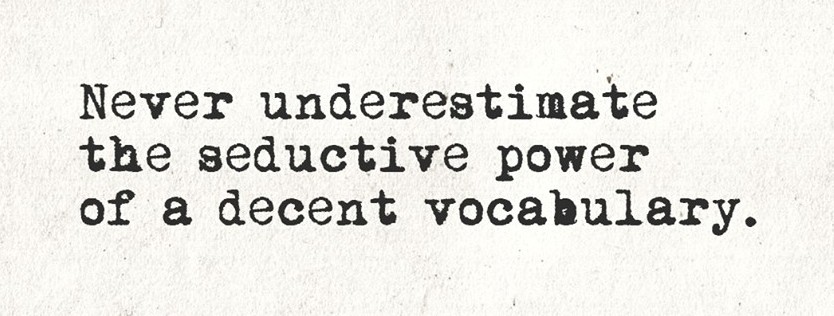
What’s That You’re Saying?
A lexical approach to discovering more about ourselves, our values, life, cultures and creating a better world through the words we choose to use.
Have you ever really, I mean really thought about the words you use? The ones you sow like weed seeds without thinking? Or. The power behind the words you use? Words that belittle, demean, remove dignity and if used “en masse” cause world fear – even war?
And, do you take the time to think about the words you choose to use? The ones you hand pick with care when you’re at your confident best and sure about what it is you want to communicate? The words that uplift, encourage, speak of love and peace.
You haven’t really had the time to pay it much attention have you?
3 A’s for A-1 collaboration and conversation (and less conflict)

Accountability, Apologizing & Attention
It’s the fifth day into the new year! You’ve been gifted with 5 new days, and a “how to” get your butt going in 5 easy steps (or 5 seconds – see my post on the 3rd day) with a little F.O.R.C.E. I am adding to that: personal accountability, apologising and giving attention.
Hopefully, you’re now (re)energised and ready to rescue and light up the world – or – do whatever is in your ability to make this year a whole lot brighter than the last one!
You’ve made the almighty decision, you want it bad, you’re going to get good at it and stick to it like glue!
Go for it! You will make an absolute cracker-jack kick-start kick-butt contribution to collaboration through conversation and here’s some more tried and tested A-1 tips to support you – 3 x A’s.
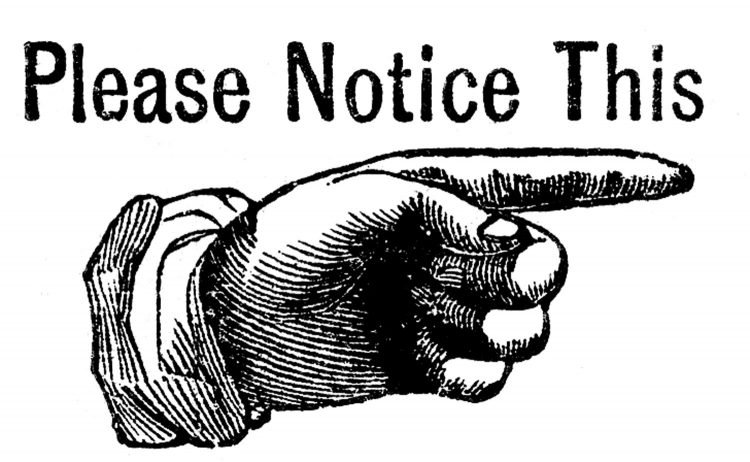
A1: Accountability. Or answer-to-ability. Or own-up-ability. The ability to take account for and of your actions is a personal choice to rise above your circumstances i.o.w’s stop thinking and behaving like a victim. take ownership and achieve your goals. Embrace it! Don’t get stuck on the yellow brick road. And if you don’t believe me read The Oz Principle.
A2: Apologizing. We get taught to and then we either forget or choose not to. Why? Is it defensiveness? Pride? Because you don’t want to let the person you should be apologising to, “off the hook”? Are you an non-apologiser? Is your not apologising protecting your fragile sense of self? There’s no need to ask “what have I gotto do” anymore – it’s not always easy, but it is simple. Apologise.
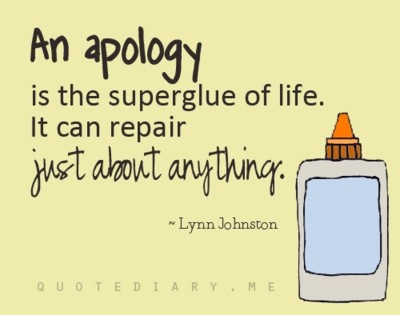
A3: Attention. Remember that? Remember how you felt when you weren’t getting it from a parent, lover or your boss? Think of flowers that don’t get attention. They wane and wither. What would happen to your business if you didn’t give it to your attention? What should happen to your conversation if you don’t give it your all? It’s so easy to spread our attention (thin) across our devices that we’ve become mind-full and not mindful. We’re losing the all-important life skill of staying focussed. And contrary to the saying that you must “pay” attention, attention is absolutely free and comes with the bonus that it generates interest (financial and personal). Attention leads to meaningful conversation. Attention determines how well you do something. You earn and learn with attention. Attention could (even) save your life.

If you cannot gift someone with your presence by being present, get out of the conversation!
Frankly? It’s madness and arrogance to think you can keep doing the same old stuff and expect different or better results. If you’re not getting what you want and you have a bunch of new exciting ideas for your new year then drop your old unserving habits and start doing things differently. And, if you have been taking accountability, apologising and giving your attention you are more than likely content with how things are turning out for you at work and privately so not breaking your head over things you think you have to achieve. That’s AWESOME!
Let’s do this. All year long. And for as long as you breathe.
Embrace the deeds of accountability, apologizing and attention. Honor them and celebrate your integrity!
![]() ,
,
your no-buts kick-butt sparkplug cross-cultural communication and collaboration keynote speaker and coach. If you’re interested in getting more contact me!
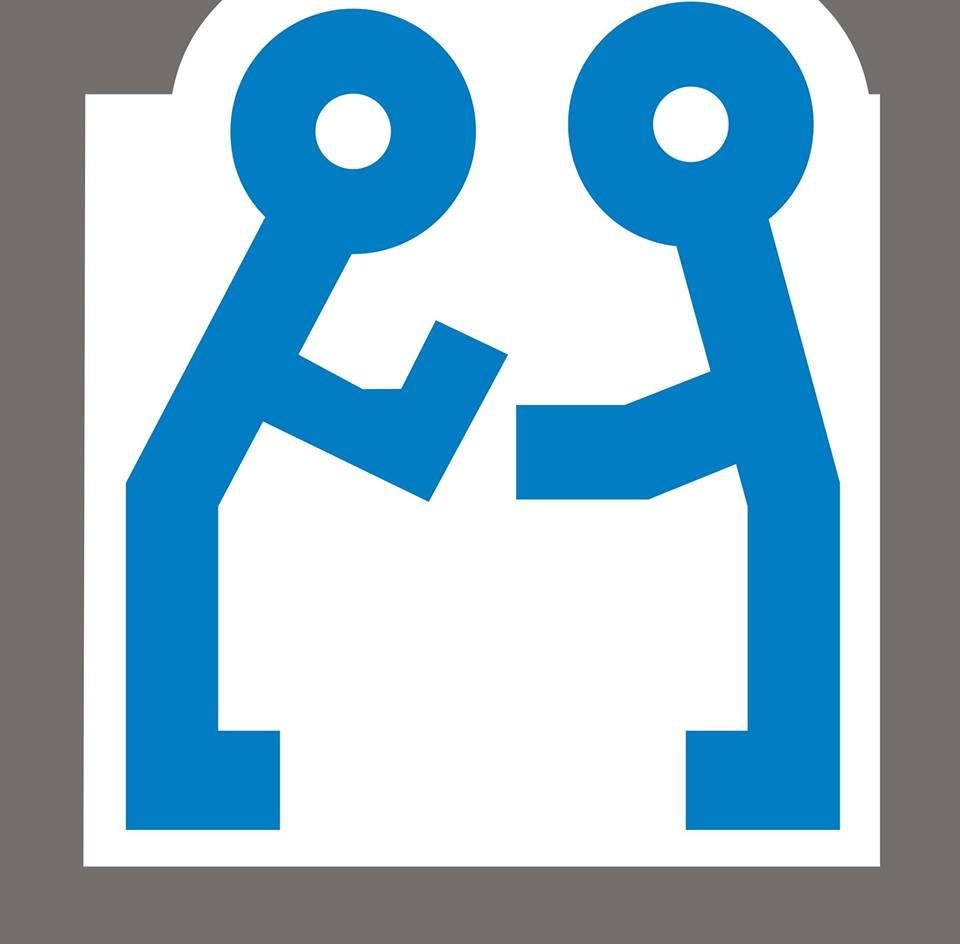
C#4 – Cross-cultural consciousness
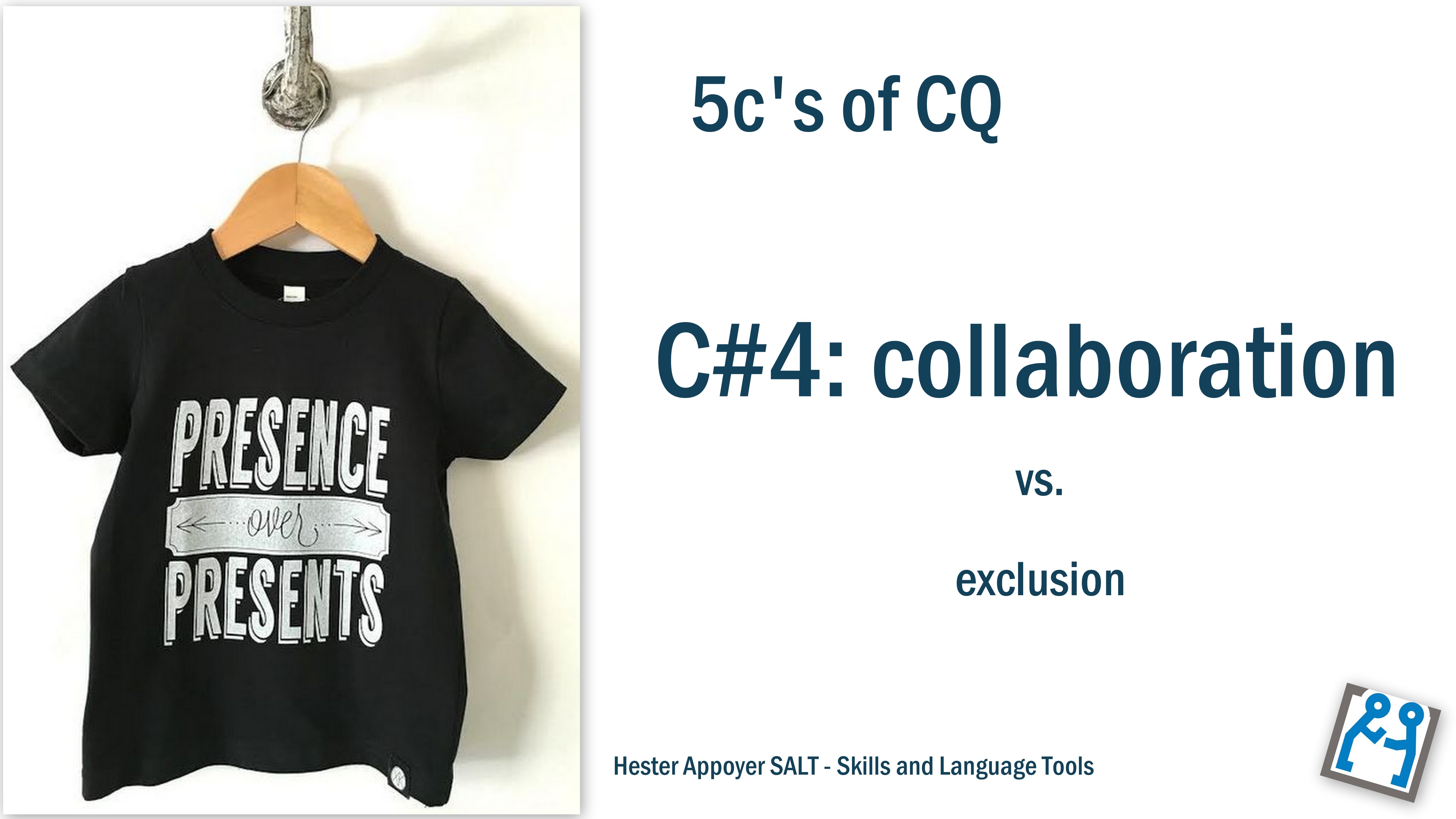
Exclusion is in-the-box thinking and an unwillingness to get out. Here’s the thing; you (unconsciously) expose and express exclusion of others in words like “we, us, our” and “they, them, those people”.
Have you tuned into yourself lately? Have you heard yourself speak in meetings and between friends? Are you expressing the wish to collaborate and connect or are you expressing exclusion?
Being Nice (certainly) Isn’t Enough is food for thought and speech! An excerpt from my book!
“Being Nice Isn’t Enough!” gets invited to the UNWG
Being Nice Isn’t Enough!
How to cut the niceties and get to real collaboration!
It’s official. It’s been announced!
I have been invited to do a keynote on why “Being Nice Isn’t Enough” (my new in the “sending-to-publishers-phase” book) when wanting to cultivate real cross-cultural competence, conversation and collaboration at…
wait for it…
the United Nations Women’s Group in Vienna, on the 21st of September 2016!
That’s BIG and (even if I say so myself) awesomely EXCITING!
OK, I must also admit that I am having a whole lot of fun today! Fun Friday!
I have been in the process of uncluttering my website and putting in the key message of all messages. The Being Nice Isn’t Enough! book/keynote/seminar/coaching message.
I have also been having fun with rewording my “about” page and found the words “rebel” and “sparkplug” and I want to “SALT” sparkplug everywhere to describe myself and what I do. A sparkly sparkplug!
More about my current work and writing…
“Being Nice Is Not Enough – How to cut through the niceties and get to real collaboration.” is aimed at the business reader who is working with culturally diverse teams or across borders “Being Nice Is Not Enough!” is going to change the way you communicate and connect with people – simply by mirroring and undoing some of your habits, bias’, patterns and language that no longer serves you! The unconscious internal glitches – that contribute to conflict rather than collaboration – that should get dumped in the ditches. (Thank you to my coach and mentor Kate Emmerson)
“Being Nice Isn’t Enough – How to cut through the niceties and get to real collaboration”, an international personal/leadership skills and (non-generic) business communication book is also written for non-academic readers including non-native English speakers involved in international interactions. Without “dumb-ing” it down too much “Being Nice Isn’t Enough – How to cut through the niceties and get to real collaboration” is written in a narrative and witty tongue-in-cheek style. It is a merging of my real-time “put-my-foot-in-it” trip-ups and intercultural feaux pas’ over the past 25+ years (yes I’m that experienced) of personal and international business experiences with my later studies and research on the fascinating albeit, at times, painfully embarrassing topic. The fact that I (and my son) were born into a post-apartheid culturally and politically changing South Africa also provides me with an experientially packed classroom! A wanderlust and attraction for the unknown fuelled by opportunities to work and live in foreign countries fill the chapters of “Being Nice Isn’t Enough!” This book provides humanly erring insights, reflections and practical answers to some of your cross-cultural questions – by undoing unhelpful habits and replacing them with good old guiding principles. An absolute must read when it hits the shelves!
I host “no-buts-kick-butt” authentically sparkplug keynote talks, seminars, team workshops and personal coaching on “Being Nice Isn’t Enough – How to cut through the niceties and get to real collaboration.” Get me, get us!



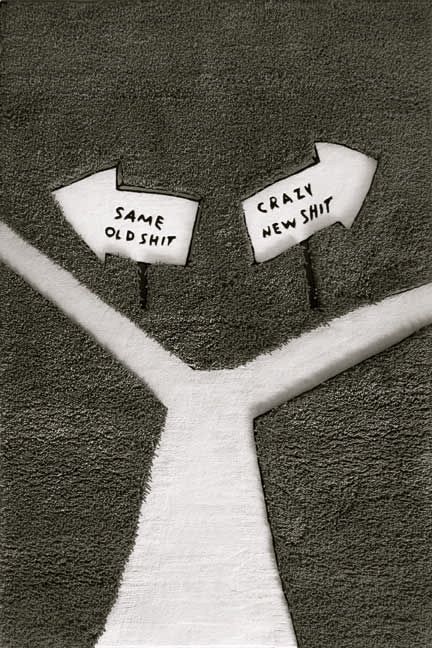

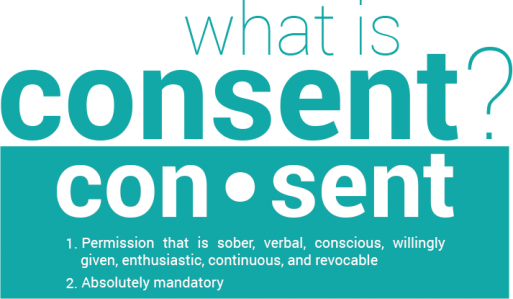
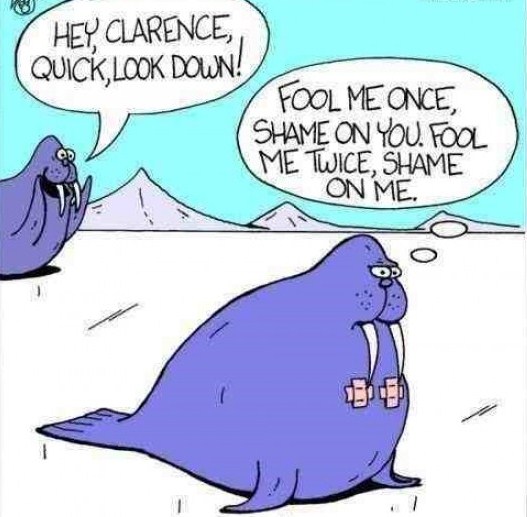


Recent Comments